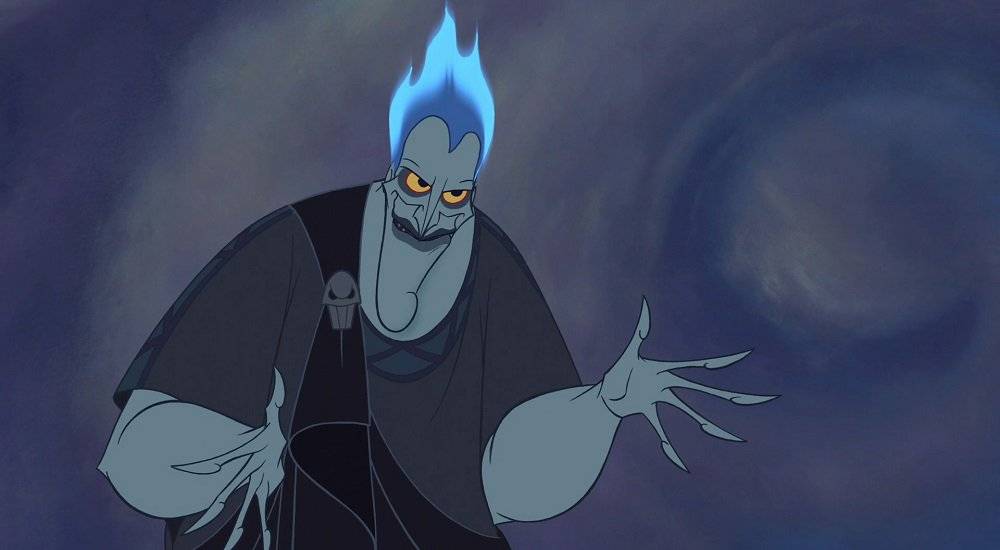Named after the comic artist and her friend who is behind the idea, the Bechdel-Wallace test is used as a way to measure female representation and gender bias in films. To pass the test, films must include two women with names, them talking to one another, and that conversation being anything but about a man. Sounds pretty easy, but a lot of films don’t meet all criteria. For example, only 79 films out of IMDB’S Top 250 make it out successful. Many great films that we all know and love fail. Here’s a list of films that pass and fail the Bechdel-Wallace test.
Fail: La La Land


Although we see Mia dancing and singing with her female friends, none of them have names.
Pass: Black Swan


Black Swan includes lots of conversations between Nina, her mom, Lily, and other ballet dancers about ballet and their careers, as well as a variety of topics. Though the women also talk about men, it’s not the entire conversation in between them.
Fail: Lord of The Rings Trilogy


In the almost 10-hour-long trilogy, the three women who have names never even meet with each other, let alone have a conversation about something.
Pass: The Shape of Water


This movie almost failed! Even though the main character Elisa and her co-worker constantly talk, it’s about the male sea creature (Counts as a man!) or Colonel Richard Strickland. The only time the movie fulfills the criteria is when Zelda and another co-worker named Yolanda get into a short argument about letting Elisa cut in the line.
Fail: Imitation Game


There is two named woman, one being an important figure in the movie, but they only talk about men.
Pass: Kill Bill Vol. 1 & 2


These movies include variety of conversations Bride had with numerous named women.
Fail: The Grand Budapest Hotel


The movie includes 3 women with names, Agatha, Madame D, and Clothilde. Yet none of them have a conversation with one another.
The Bechdel-Wallace test doesn’t determine whether a movie is good or not. Though it is a useful tool to show the lack of female representation, passing the Bechdel-Wallace test doesn’t guarantee an accurate representation of women or female empowerment. Passing the test doesn’t automatically make a film an advocate for gender equality.
Even if the film includes named women talking about various things, such topics can be misogynistic or stereotypical. They can fall victim to tropes that are hurtful for the feminist causes. Also, a movie that failed in the Bechdel-Wallace test can have strong and multi-dimensional female characters. So, although it is helpful, it shouldn’t be the only way we measure how accurately women are presented in films.
To learn more about the movies that pass the Bechdel-Wallace Test, you can visit here.













